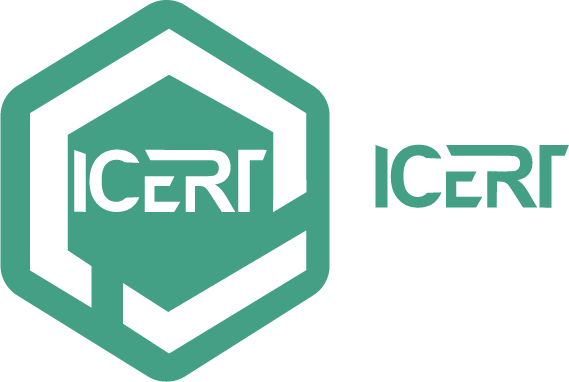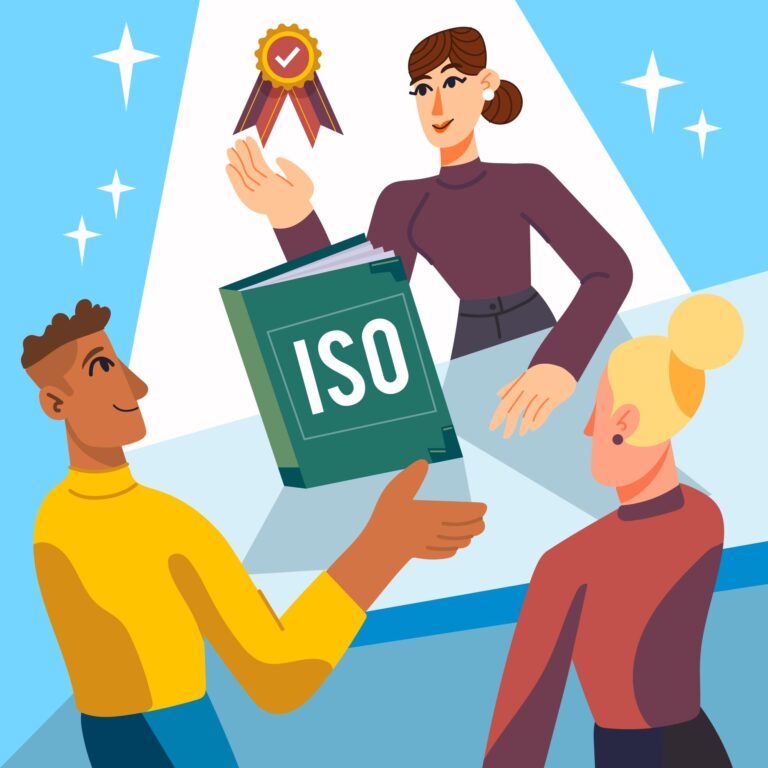In today’s competitive and rapidly evolving business environment, achieving ISO certification is not just an added advantage; it’s a crucial step for organizations aiming for sustainable growth and global recognition. ISO certifications, developed by the International Organization for Standardization, provide a framework of internationally recognized standards that help organizations enhance their quality, efficiency, and credibility.
What is ISO Certification?
ISO certification signifies that a business meets specific international standards related to quality management, safety, environmental impact, information security, and more. Popular standards like ISO 9001 (Quality Management), ISO 14001 (Environmental Management), and ISO 45001 (Occupational Health and Safety) are widely adopted across industries, proving an organization’s commitment to excellence and continuous improvement.
Benefits of ISO Certification for Business Growth
- Builds Credibility and Trust
ISO certification demonstrates that your organization adheres to globally recognized standards. This reassures customers, partners, and stakeholders of your commitment to quality and reliability. In industries where trust is a deciding factor, such as manufacturing, healthcare, or finance, ISO certification serves as a critical differentiator. - Enhances Operational Efficiency
ISO standards are designed to streamline processes, reduce inefficiencies, and enhance overall productivity. By implementing these standards, businesses can eliminate redundancies, optimize resource utilization, and create more effective workflows. Improved efficiency not only saves time and money but also leads to better customer satisfaction. - Expands Market Opportunities
Many government contracts, large enterprises, and international markets require ISO certification as a prerequisite. By obtaining ISO certification, businesses can access these opportunities, expand their market reach, and compete on a global scale. - Ensures Compliance and Reduces Risk
ISO standards often align with legal and regulatory requirements, helping businesses maintain compliance with industry norms. Whether it’s ensuring workplace safety through ISO 45001 or managing data security with ISO 27001, certification provides a structured approach to identifying and mitigating risks. - Improves Customer Satisfaction
At its core, ISO certification focuses on meeting customer requirements and enhancing their experience. Standards like ISO 9001 ensure consistent delivery of high-quality products and services, leading to increased customer loyalty and repeat business. - Promotes a Culture of Continuous Improvement
ISO certification is not a one-time achievement; it requires regular audits and updates. This instills a culture of continuous improvement within the organization, fostering innovation, adaptability, and resilience in the face of change. - Boosts Employee Engagement
Clear processes, well-defined roles, and a focus on quality create a positive work environment. Employees feel more engaged and motivated when they understand their responsibilities and see the direct impact of their contributions. - Supports Sustainability Goals
Standards like ISO 14001 and ISO 50001 enable organizations to minimize their environmental impact and optimize energy usage. This not only helps businesses meet sustainability goals but also enhances their reputation among environmentally conscious customers and stakeholders.
Case Study: The Transformative Impact of ISO Certification
A medium-sized construction firm sought ISO 9001 and ISO 14001 certification to improve its project management and environmental practices. Within a year, the company reported:
- A 20% reduction in project delays due to better quality controls.
- A 30% decrease in waste production, saving costs and improving environmental compliance.
- Enhanced client satisfaction, leading to a 15% increase in contract renewals.
This example underscores how ISO certification can drive tangible improvements and business growth.
Steps to Achieving ISO Certification
- Conduct a gap analysis to identify areas that need improvement.
- Develop and document processes to align with ISO standards.
- Train employees to understand and implement the required processes.
- Conduct internal audits to assess readiness for certification.
- Engage an accredited external certification body for the final audit.










